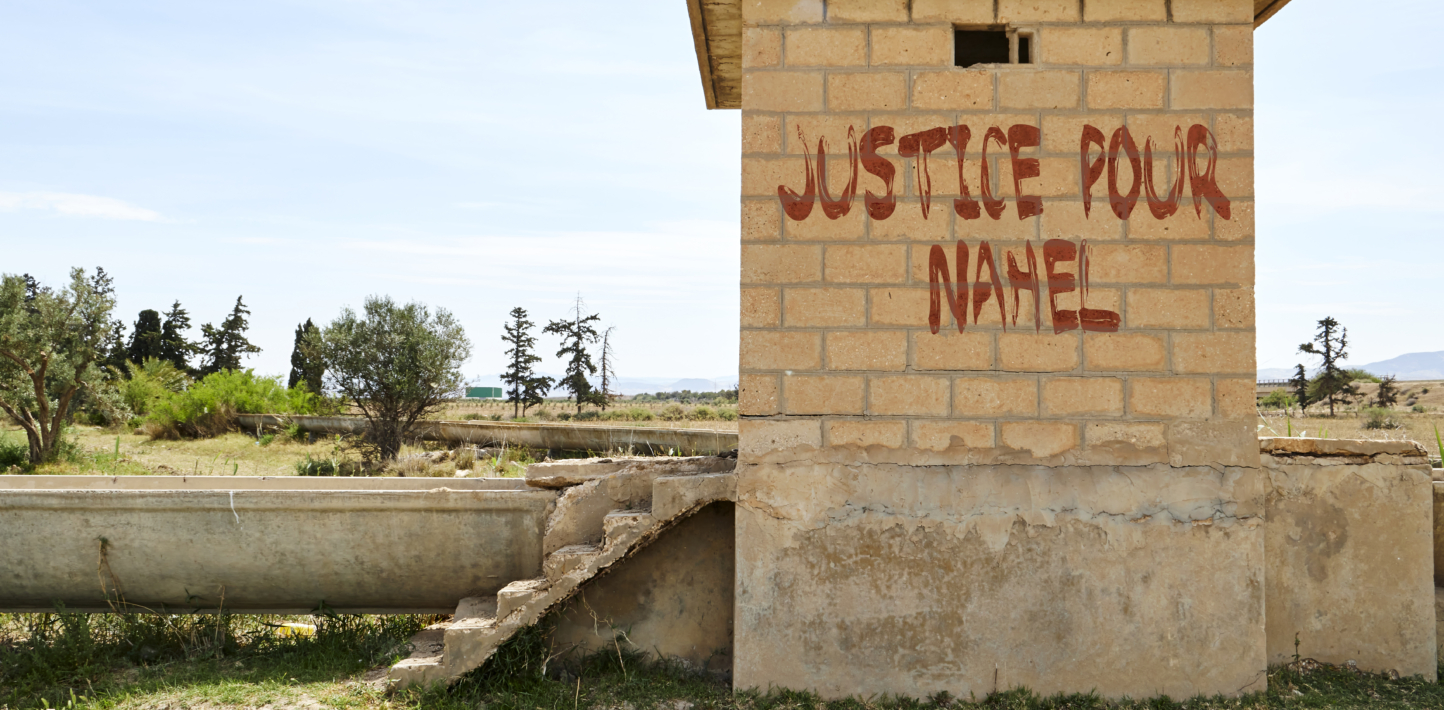France
France Grapples With Nahel Shooting: Calls For Police Reforms And Ending Systemic Racism

France Grapples With Nahel Shooting:
The French police officer’s killing of 17-year-old Nahel M highlighted the country’s racial profiling problem. This tragedy is part of a disturbing history of illegal murders, disproportionately impacting Black and Arab people.
According to Amnesty International’s Nils Muižnieks, French police have shot and murdered numerous individuals, especially Black and Arab males, in similar situations. The event has sparked a movement against racial prejudice in police contacts, which puts minority communities in danger.
The shooting has highlighted the French police force’s systematic racism, demanding a severe look at the discriminatory practices that have long fostered fear and distrust. As the country mourns Nahel’s loss, change to end these discriminatory practices is front of mind.
Flawed Firearm Regulations And Racial Disparities
Amnesty International’s proposal for a complete review of France’s police gun policies is a response to Nagel’s killing and the hazardous junction of defective standards and racial inequities. Current guidelines, which fall short of international norms and fail to address racial profiling, have produced a dangerous climate where disproportionate Force goes unchallenged.
The Internal Security Code now requires “absolute necessity and strict proportionality” for handgun usage. These restrictions ignore the leading cause—police racial inequities. The fivefold rise in fatal Force after a “refuse d’obtempérer” disproportionately affects minority populations highlights the need for equity and justice reforms.
Racial inequities in police enforcement are more visible than ever as France confronts international scrutiny. Reform requires fundamental policy changes to eliminate racial prejudice and guarantee that the law is enforced equally to all individuals.
The Imperative Of Accountability And Justice
The killing of Nahel highlights the need for change and accountability in police brutality situations. The lack of an independent authority to review police complaints promotes impunity, leaving impacted communities without redress.
The UN Committee on the Elimination of Racial Discrimination is concerned about racial profiling and disproportionate Force, especially against African and Arab populations. This worldwide recognition puts pressure on French authorities to bring justice for Nahel and end institutional prejudice in its law enforcement organizations.
The clamor for justice following Nahel’s death is deafening. France must address both the symptoms and causes of systematic racism to create a more fair and equal future, and the world is watching.
Read Also: Ex-PSG Manager Christophe Galtier Faces Trial In Racism Investigation
The Impact Of Media And The Urgency For Transparency
The media’s influence on public perception and understanding of police brutality with racial overtones is significant. The Nahel shooting shows the media’s importance in promoting underrepresented perspectives. Citizen journalism on social media allows communities to share their experiences and demand responsibility.
However, media portrayals may reinforce prejudices and biases. The narratives surrounding situations like Nahel’s shooting must be rigorously examined to see how they foster stereotypes. Reporting must be transparent to overcome biased media narratives, including law enforcement racial discrepancies.
The critical need for openness goes beyond particular occurrences to how media portrays law enforcement institutional bias. These factors must be addressed to create a more educated and sympathetic public that actively supports policy changes to eliminate racial prejudices.
International Perspectives On Systemic Racism In Policing
National indignation and worldwide attention followed the Nahel shooting. It calls into question France’s police, notably racial discrepancies, in light of worldwide human rights norms. The UN Basic Principles on the Use of Force and Guns by Law Enforcement Officials require the purposeful fatal use of firearms only when necessary to save lives.
The UN Committee on the Elimination of Racial Discrimination statement expresses global concern about racial profiling and disproportionate Force against minorities. France is scrutinized domestically and internationally. The international world monitors how French authorities address these issues, highlighting the necessity for rights-based police.
International initiatives to address law enforcement institutional racism are interrelated. France’s reaction to this criticism will affect its international reputation and the global discourse about regulating racial prejudices.
Community-led Initiatives: A Path To Lasting Change
Many now realize that permanent change needs community empowerment following the Nahel shooting. Affected groups, especially Black and Arab populations disproportionately affected by police brutality, lead efforts to change the narrative and advocate for structural changes.
Community-led projects promote law enforcement-community interaction. They emphasize trust-building, cultural competence training, and responsibility to solve structural concerns. These programs allow impacted communities to express problems, provide solutions, and participate in transformation.
Despite systematic racism in law enforcement, community-led efforts may transform it. The voices of those directly impacted and their participation in decision-making help create a more fair and equitable police system that respects the dignity and rights of everyone.
Legislative Reforms: Charting A Course For Equitable Policing
After the Nahel shooting, the need for systemic change applied to legislation, underlining the necessity for comprehensive police changes in France. Legislation may help reduce systematic racism in law enforcement and hold personnel accountable.
Laxity and imprecision have plagued France’s gun regulation for law enforcement agents. Reformers say that laws should follow international human rights norms and allow the deliberate fatal use of guns only when necessary to save lives.
Law improvements may help reduce racial profiling and law enforcement inequities with clear rules. By clearly banning discrimination and instituting accountability procedures, politicians may improve police legislation.
France may emulate successful legislative changes elsewhere. Countries that made significant adjustments to address comparable concerns have improved community-police relations, decreased excessive Force, and promoted law enforcement openness and accountability.
The need for legislative amendments reflects the need to confront structural racism holistically. Legislation may turn law enforcement into a future that supports equality, justice, and citizen rights beyond specific events. As France faces this vital moment, legislative measures that reflect its desire to eliminate racial inequalities in law enforcement may lead to fair policing.













You must be logged in to post a comment Login